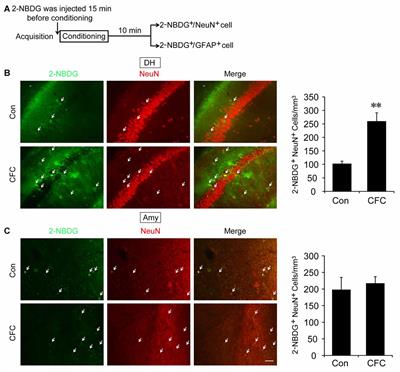ORIGINAL RESEARCH
Published on 01 Oct 2018
Hypoxic Preconditioning Maintains GLT-1 Against Transient Global Cerebral Ischemia Through Upregulating Cx43 and Inhibiting c-Src

doi 10.3389/fnmol.2018.00344
- 3,029 views
- 11 citations
19k
Total downloads
98k
Total views and downloads
ORIGINAL RESEARCH
Published on 01 Oct 2018

GENERAL COMMENTARY
Published on 05 Sep 2018
ORIGINAL RESEARCH
Published on 28 Aug 2018

ORIGINAL RESEARCH
Published on 11 Apr 2018

REVIEW
Published on 05 Apr 2018

REVIEW
Published on 17 Jan 2018

REVIEW
Published on 19 Dec 2017

ORIGINAL RESEARCH
Published on 21 Nov 2017

PERSPECTIVE
Published on 21 Nov 2017

ORIGINAL RESEARCH
Published on 12 Oct 2017

ORIGINAL RESEARCH
Published on 15 Sep 2017

ORIGINAL RESEARCH
Published on 30 Aug 2017
